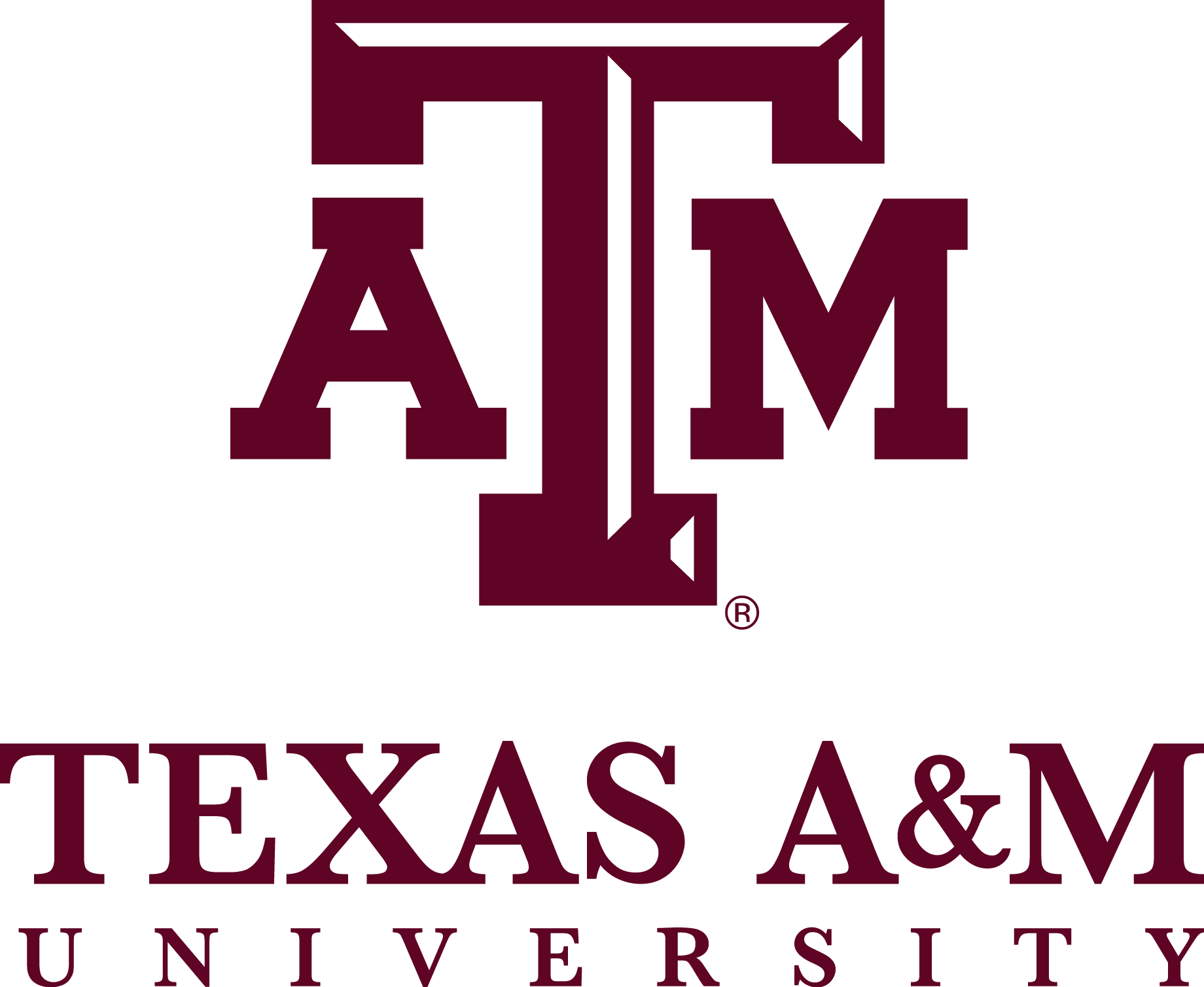Part 1 of 2 Parts
Natura Resources (Natura) announces the deployment of two advanced nuclear projects in Texas, aimed at enhancing energy security and reliability for the rapidly growing state. These deployments are located in the Permian Basin and at Texas A&M University's RELLIS Campus. They represent significant strides in addressing Texas' energy and water needs. The Natura MSR-100 is a cutting-edge small modular reactor (SMR) that utilizes molten salt reactor (MSR) technology.
Natura has entered into a Memorandum of Understanding (MoU) with Texas Tech University (TTU) and Abilene Christian University (ACU) to develop its molten salt reactor (MSR) technology. This collaboration includes the Texas Produced Water Consortium (TxPWC) at Texas Tech. It will focus on integrating MSR technology with water desalination systems. The goal of the collaboration is to provide a sustainable solution for water scarcity by purifying produced water from oil and gas operations, making it available for agricultural and other beneficial uses.
Doug Robison is the Founder and CEO of Natura Resources. He emphasized the importance of this partnership, “Our collaboration with Texas Tech and ACU is a pivotal step in addressing Texas' critical water and energy challenges. By leveraging our MSR technology, we aim to secure crucial water resources and drive innovation in clean energy.”
Natura is also partnering with Texas A&M University to deploy the Natura MSR-100 reactor at the RELLIS Campus. This initiative is part of a project known as “The Energy Proving Ground,” which involves multiple nuclear reactor companies. The project intends to bring commercial-ready small modular reactors (SMRs) to the site. They will provide a reliable source of clean energy for the Electric Reliability Council of Texas (ERCOT).
Doug Robison highlighted the significance of this deployment. He said “We are thrilled to continue our partnership with Texas A&M University to showcase how our technology can meet the energy needs of Texas and the nation. The Natura MSR-100 at the RELLIS Campus will play a crucial role in advancing our clean energy mission.”
The Natura MSR-100 is a cutting-edge small modular reactor (SMR) that is based on molten salt reactor (MSR) technology. Two research MSRs operated in the United States in the mid-20th century. The 1950s Aircraft Reactor Experiment (ARE) was primarily motivated by the technology's compact size, while the 1960s Molten-Salt Reactor Experiment (MSRE) aimed to demonstrate a nuclear power plant using a thorium fuel cycle in a breeder reactor.
These are the key features of the Natura MSR-100.
The Natura MSR-100 reactor utilizes a liquid fuel composed of fissile uranium material dissolved in a molten salt mixture. This fuel enhances safety and efficiency and produces less long-lived radioactive waste.
The Natura MSR-100 reactor operates at temperatures exceeding one thousand one hundred and twelve degrees Fahrenheit, which improves thermal efficiency and electricity generation.
The Natura MSR-100 reactor operates at lower pressures and includes passive safety mechanisms that reduce the risk of accidents.
The high-temperature heat generated by the Natura MSR-100 can be used for desalination, providing a sustainable source of clean water.
Please read Part 2 next
